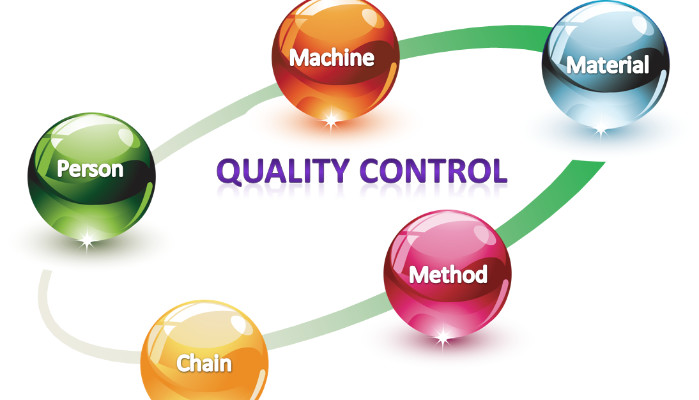The dietary supplement industry has grown exponentially, with a wide array of products promising improved health and wellness. However, the market’s vastness underscores a need for stringent quality control and adherence to rigorous standards. Consumers and manufacturers alike benefit from clear regulations that safeguard supplement purity, potency, and safety. In this article, we’ll explore the multifaceted aspects of quality control within supplement manufacturing and identify why they’re vital to consumer trust and product efficacy. Keep reading to uncover the measures that ensure each capsule, tablet, or powder meets the highest standards of quality.
Understanding the Importance of Quality Control in Supplement Manufacturing
Quality control in supplement manufacturing is the cornerstone of product reliability and consumer safety. Manufacturers must scrutinize each step of the production process, from raw material sourcing to finished product distribution, ensuring that every batch meets predetermined quality criteria. The absence of strict quality control can lead to contamination, incorrect dosages, and products that fail to provide their intended health benefits, eroding consumer confidence.
Quality is paramount when it comes to supplements. As a business, your reputation is on the line with every product you sell. Partnering with a quality supplement manufacturer gives you access to products that are safe, effective, and manufactured in compliance with industry standards. This instills confidence in your customers and minimizes the risk of any adverse events or legal issues that may arise from using subpar products. Makers Nutrition is the perfect example of the type of manufacturer you want to look for. You can learn more by visiting https://www.makersnutrition.com/.
The complex nature of dietary supplements, often containing a blend of various vitamins, minerals, and other ingredients, requires precise manufacturing controls to guarantee consistency. Quality control encompasses both the verification of ingredient identities and the monitoring of their levels within each product. Manufacturers must also establish protocols for handling deviations and potential recalls, further safeguarding consumer interests.
Navigating Regulatory Compliance for Dietary Supplement Production
Regulatory compliance is a critical aspect of supplement manufacturing, requiring companies to navigate complex laws and guidelines that vary by country and region. In the United States, the Food and Drug Administration (FDA) oversees the dietary supplement industry, setting forth regulations under the Dietary Supplement Health and Education Act (DSHEA) and subsequent legislation. Manufacturers must comply with Good Manufacturing Practices (GMPs) to ensure the identity, purity, strength, and composition of their products.
These regulations are designed to protect consumers and maintain fair competition among manufacturers. Compliance demands rigorous documentation throughout the production process, from verifying supplier credentials to maintaining detailed records of each batch of supplements produced. Such transparency enables regulators to trace and contain potential issues swiftly.
To navigate the ever-evolving landscape of dietary supplement regulation, manufacturers often enlist the help of legal experts who specialize in food and drug law. These professionals can provide guidance on new regulations, assist in compliance audits, and offer strategies to manage regulatory risks, ultimately protecting both consumer well-being and company reputation.
Implementing Continuous Improvement Processes in Supplement Manufacturing
Continuous improvement is fundamental in achieving and sustaining high-quality supplement manufacturing. It involves an ongoing effort to enhance every aspect of the production process, from refining protocols to adopting new technologies. In this vein, manufacturers must be committed not only to meeting existing standards but also to exceeding them wherever possible.
One component of continuous improvement is the collection and analysis of data. Through detailed monitoring and feedback systems, manufacturers can identify trends and areas needing attention. Whether it’s fine-tuning equipment settings or retraining staff on best practices, there are always opportunities for enhancement. Additionally, embracing innovations in manufacturing processes or ingredient sourcing can drive quality forward.
Continuous learning and improvement also means maintaining an open dialogue with consumers, health professionals, and industry peers. Consumer feedback, for example, can shed light on expectations and experiences, which can then be incorporated into product development and process optimization. Industry collaboration, too, can lead to the sharing of best practices and the setting of new benchmarks for supplement quality.
Overall, ensuring superior supplement manufacturing through robust quality control and adherence to high standards is an ongoing effort that requires the commitment of all industry participants. Through continuous improvement and rigorous testing, both internally and through third-party organizations, companies can deliver safe, potent, and pure supplements to consumers. While navigating regulatory compliance can be challenging, it provides a framework for consistency and fairness in the marketplace. Altogether, these elements work together to promote trust, efficacy, and quality in supplement manufacturing.
